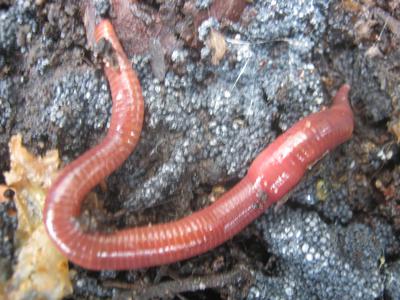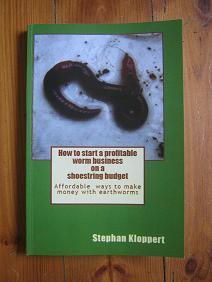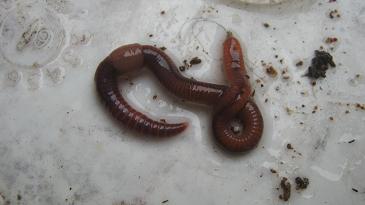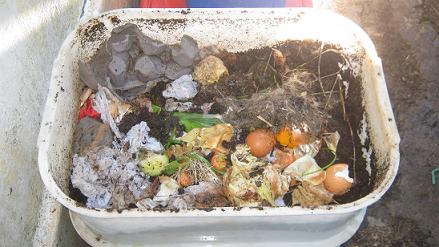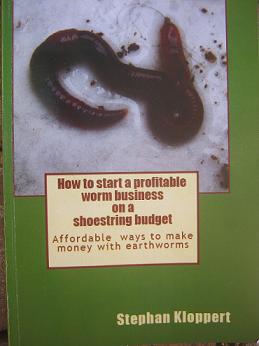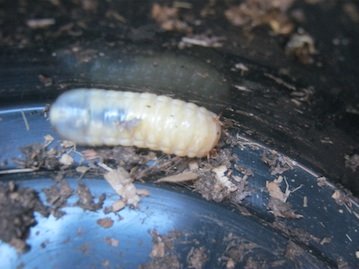Worm bedding! Moist like a wrung Out Sponge - How wet is that??
by Pat Donovan
(Staunton VA )
I have read over and over that the correct moisture in the worm bin is to squeeze the bedding and it should be like a wrung-out sponge. Well, that is not a good way to determine the correct amount of moisture. Can a moisture thermometer be used and how wet should the reading be??
When I open my worm bin there are always worms on the side of the bin near the top where the holes are located. Does that mean they are not getting enough oxygen? I have many holes in two rows along the top of the bin. The bedding is coir, compost, shredded newspaper, and a little garden soil.
I do not put more food in unless the old is gone and my bin does not smell.
I do however have some kind of small fly (gnats??)in the bin that flies out when I open the top. I am making sticky paper to attach to the inside of the lid to catch these flies.
I have a double-stacked bin system. The top bin has the bedding and the worms with holes in the bottom for liquid drainage.
I used to have holes in the top lid but thought perhaps they did not like the light that came through.
I put 500 worms in my first bin set up and 1000 in the second worm set up. Some of The worms in the second set up escaped one night and I found them on the garage floor all dried up.
My worms do not seem happy and I don't know what I am doing wrong. I also found some worms in the bottom bin in the leachate. I was able to save some of them and put them back in the bin.
Help!
Comments for Worm bedding! Moist like a wrung Out Sponge - How wet is that??
|
||
|
||
Search / Suchen
On SPECIAL
"How to start a profitable worm business on a shoestring budget
Order a printed copy from "Amazon" for only
$11.95
or a digital version from the "Kindle" store for only
$4.95
Prices valid till 31.01.2026
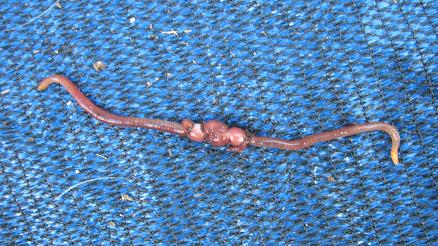
Our New Book
Order the Kindle E-book for the SPECIAL PRICE of only
$3.95
Prices valid till 31.01.2026!
